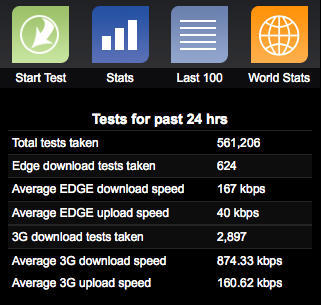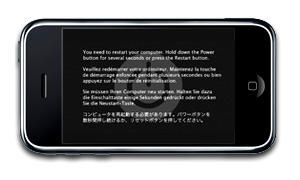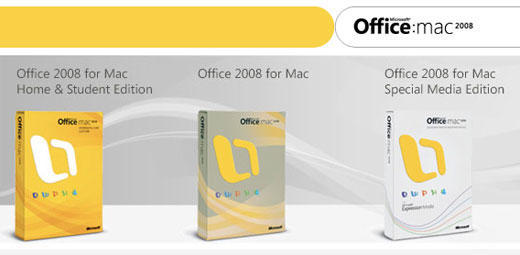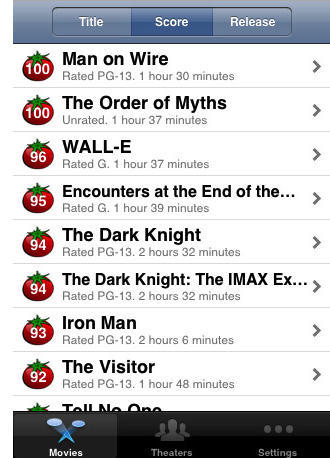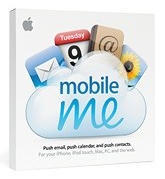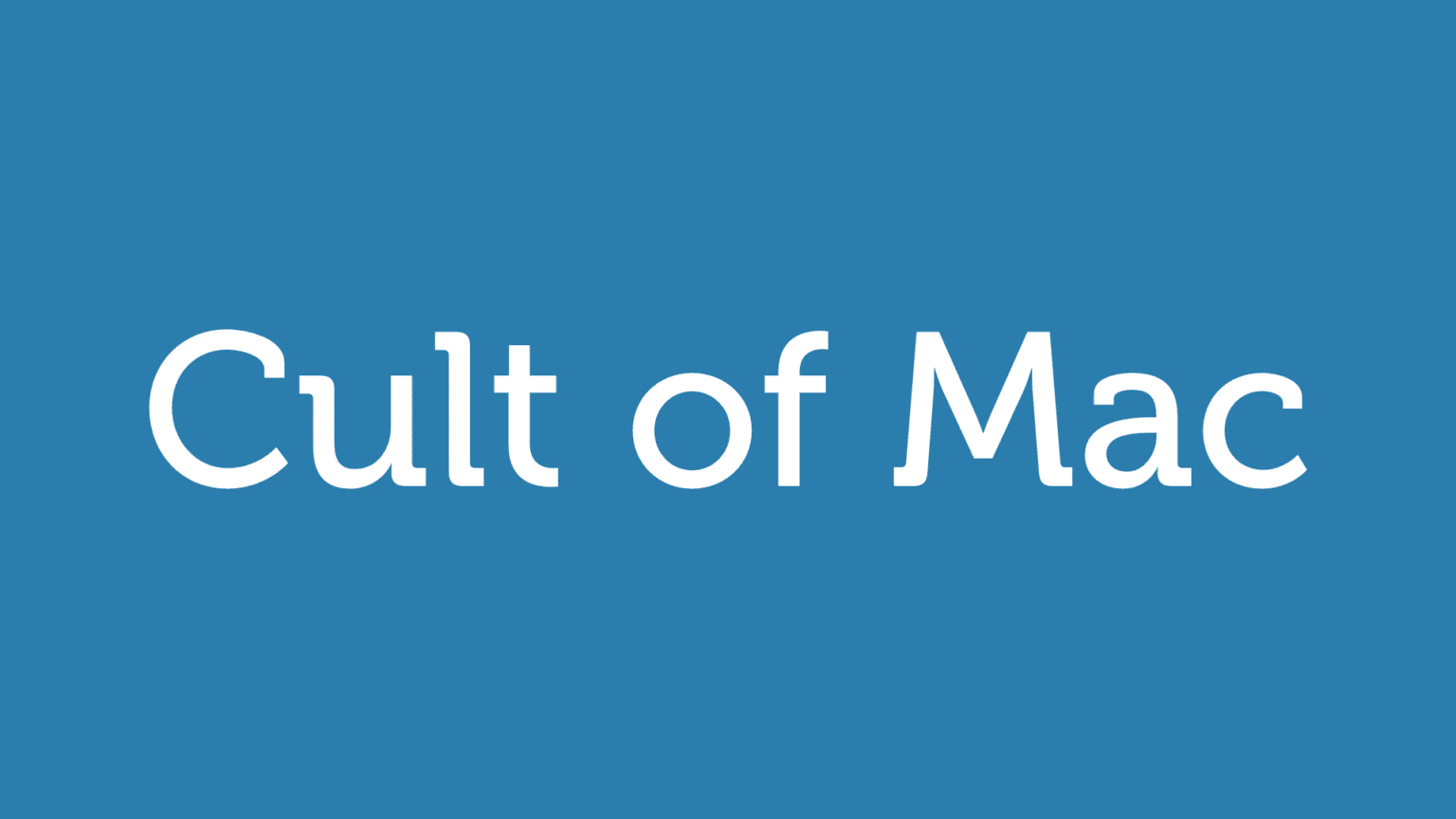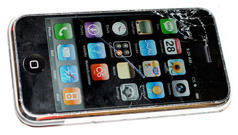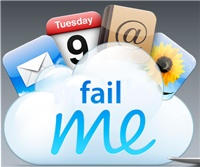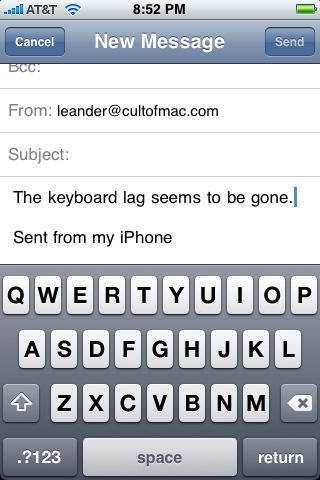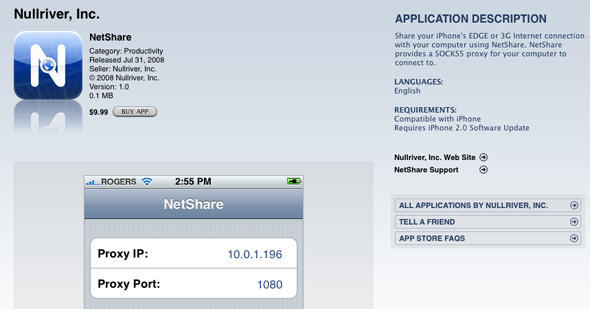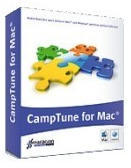iPhone speed tests conducted through TestMyiPhone initially appeared to confirm our report earlier today suspecting the upgrade to 2.0.2 firmware may have had a negative effect on 3G connectivity, according to a site administrator. Closer looks at the data in response to a Cult of Mac request leave the question of causation unresolved, however.
“[We] did make a new file to get the average upload/download for both 3G and EDGE,” reports the admin, adding, “this is much more accurate and based off just the last 24hrs.” And there does appear to be a decrease in comparison with historical data comprising the over 175,000 3G and EDGE tests done on the site.
But closer inspection of 3G and EDGE test trends over the past week show no correlation related to the 2.0.2 release on Monday.
In response, then, to the question that has the internet buzzing over 2.0.2’s effect on 3G connectivity, whether it fixes bugs that have been widely reported, if only by anecdote, or whether it has actually made things worse for some users, we can fall back on the old quote attributed to Mark Twain. The one about there being three kinds of lies in this life: lies, dammned lies, and statistics.
